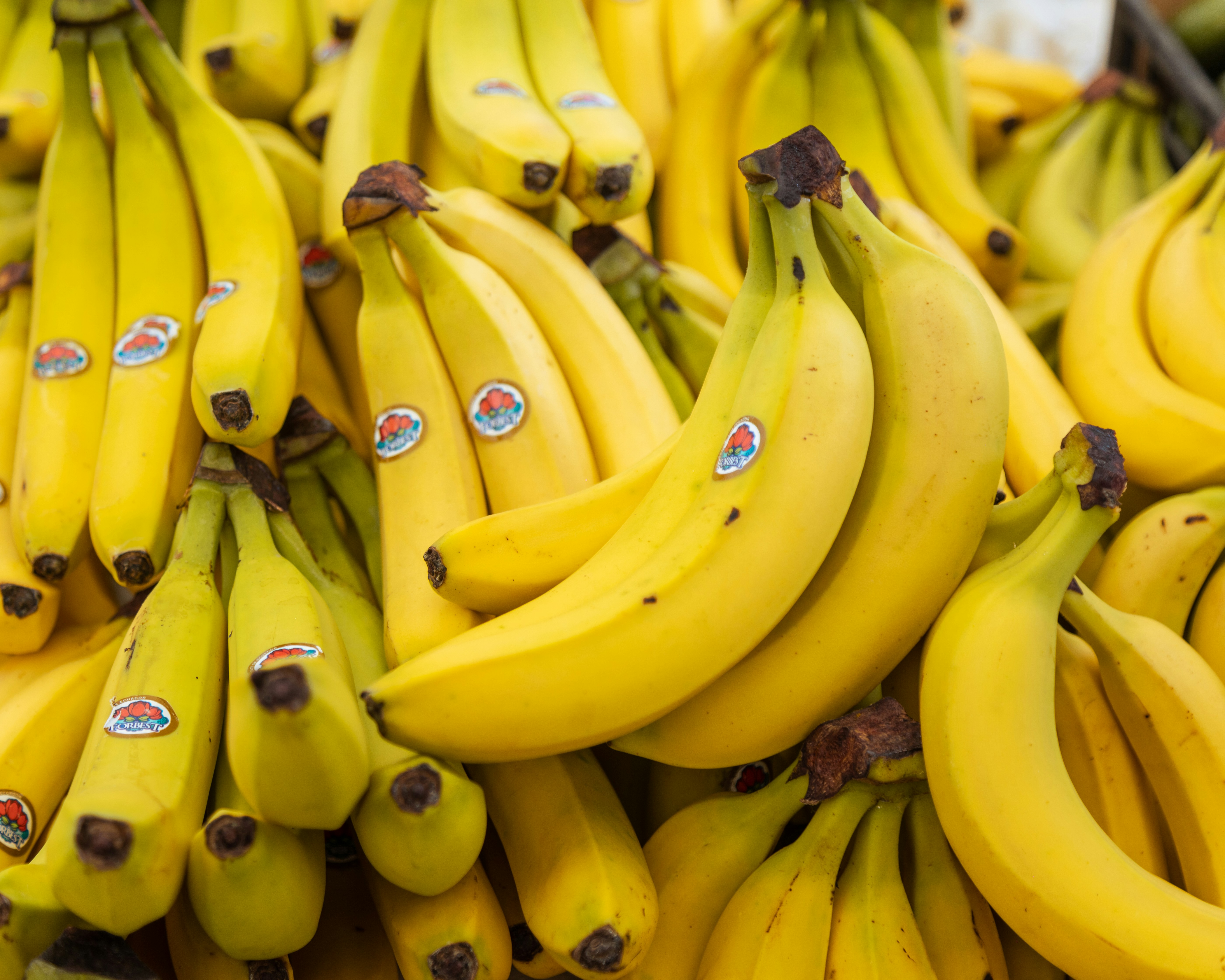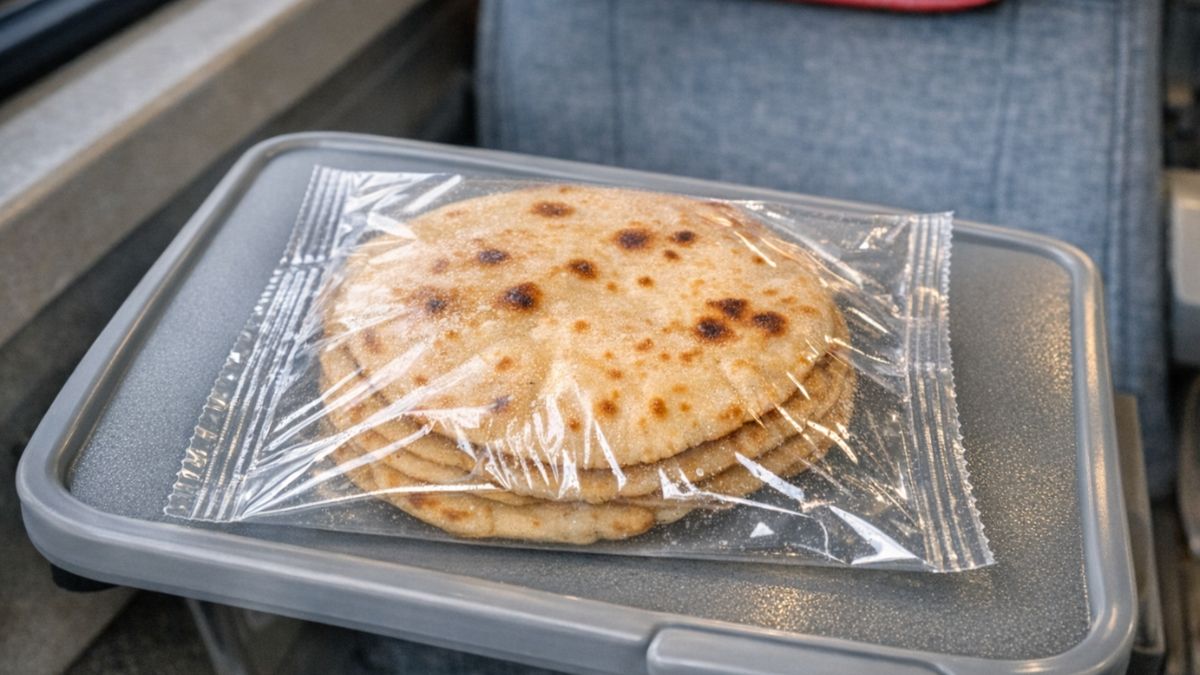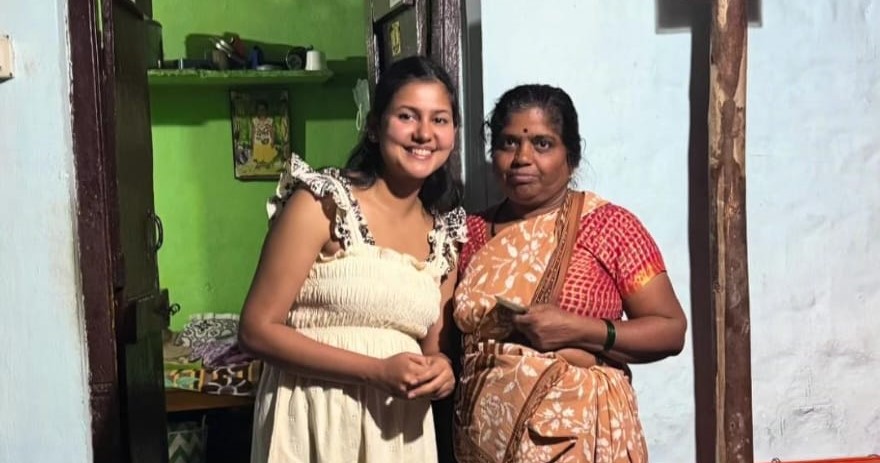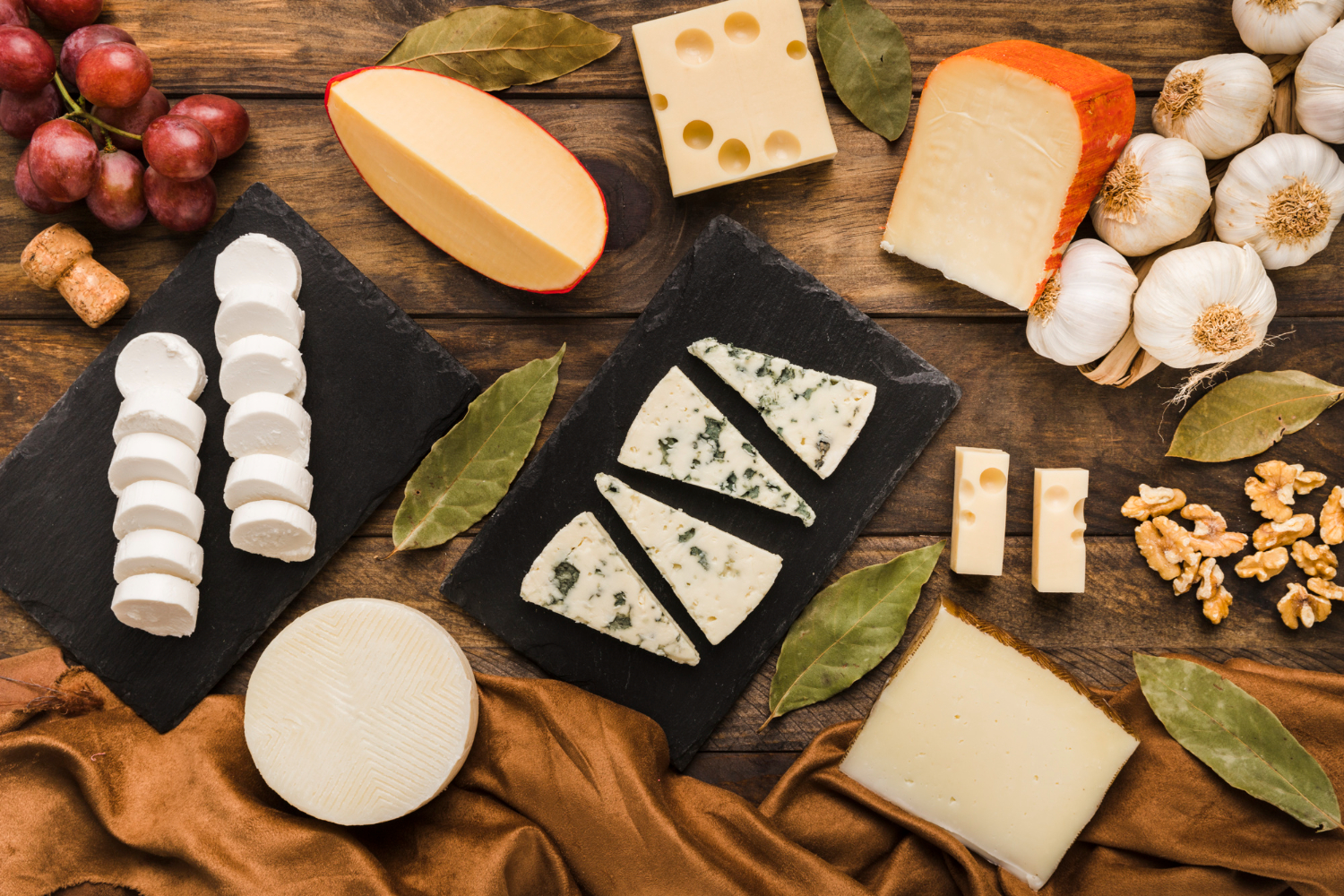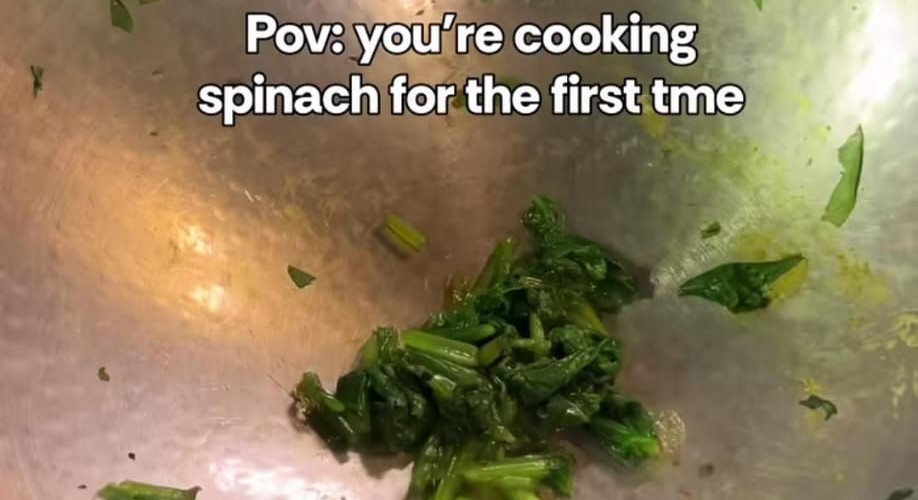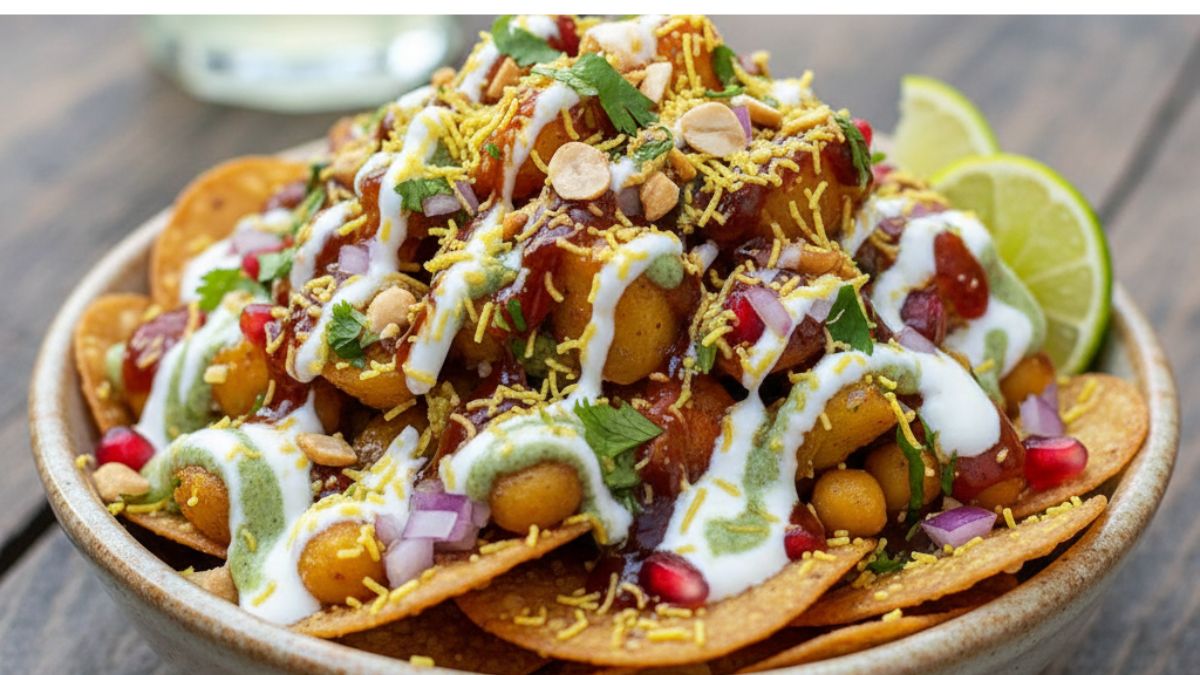Our diet, directly or indirectly, determines our state of health. While diseases like diabetes and heart ailments have been associated with imperfect diets, cancer had not been really linked with the foods that we eat till now. A recent study brought to light that a diet with excessive dairy and meat products could increase the risk of cancer. The shocking revelation was made by a team of researchers led by Dr Vered Padler-Karavani of the Department of Cell Research and Immunology at the Shmunis School of Biomedicine and Cancer Research at Tel Aviv University's George S. Wise Faculty of Life Sciences. The findings were published in journal - BMC Medicine.
The researchers found a direct molecular link between meat and dairy diets and the development of antibodies in the blood that increase the risk of developing cancer. High amounts of red meat and cheese were found to be the culprits. It is known that humans develop antibodies to Neu5Gc, a sugar molecule, during infancy when they are exposed to dairy and meat for the first time. These antibodies were found to have a relationship with cancer, especially, colorectal cancer.
For the study, the researchers studied the daily Neu5Gc intake of 19,621 adults aged 18 and over, who reported all of their food intakes online over a period of several days. They also used samples from NutriNet-Sante, an extensive national nutritional survey conducted in France. The team members measured the amount of Neu5Gc sugar in a variety of dairy and meat foods common in the French diet and calculated the daily Neu5Gc intake, and tested the levels of the anti-Neu5Gc antibodies in the blood.
"We found a significant correlation between high consumption of Neu5Gc from red meat and cheeses and increased development of those antibodies that heighten the risk of cancer. For years there have been efforts to find such a connection, but no one did. Here, for the first time, we were able to find a molecular link thanks to the accuracy of the methods used to measure the antibodies in the blood and the detailed data from the French diet questionnaires," said Dr Padler-Karavani.
